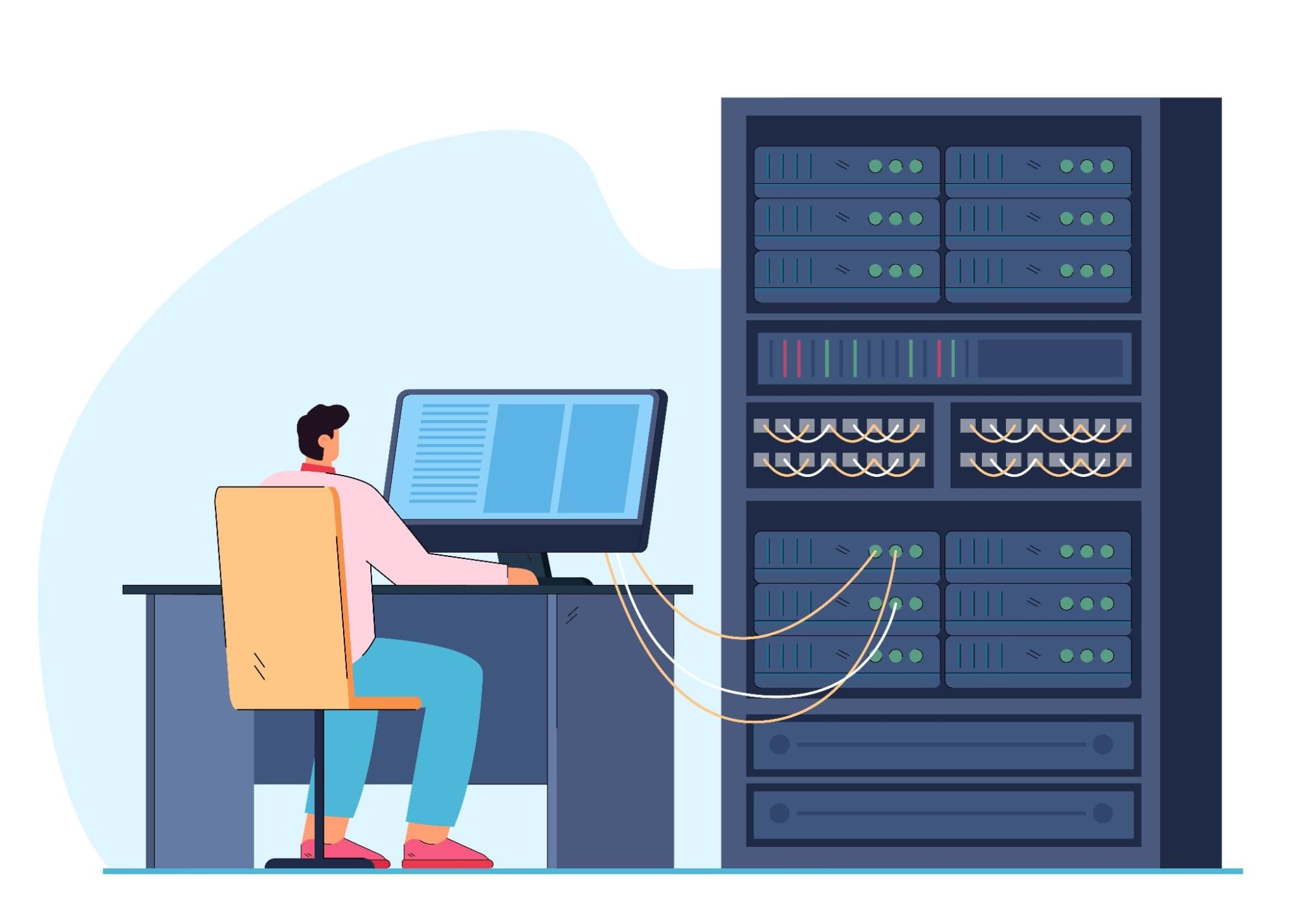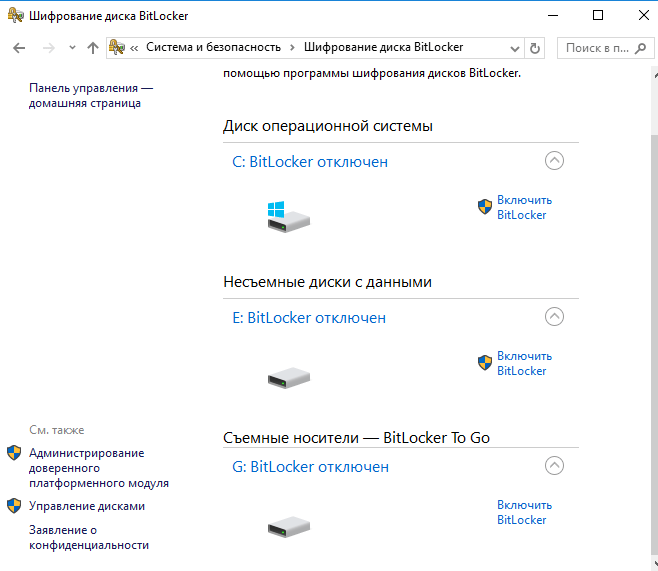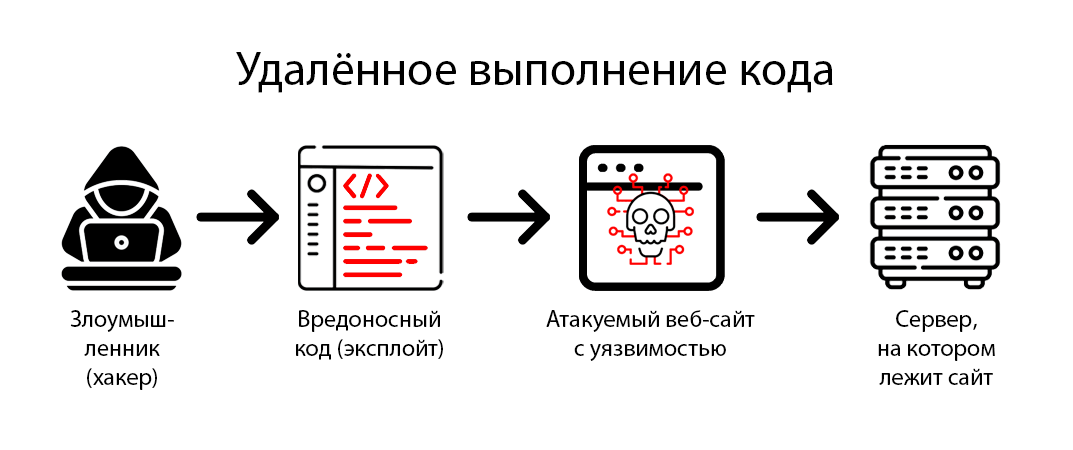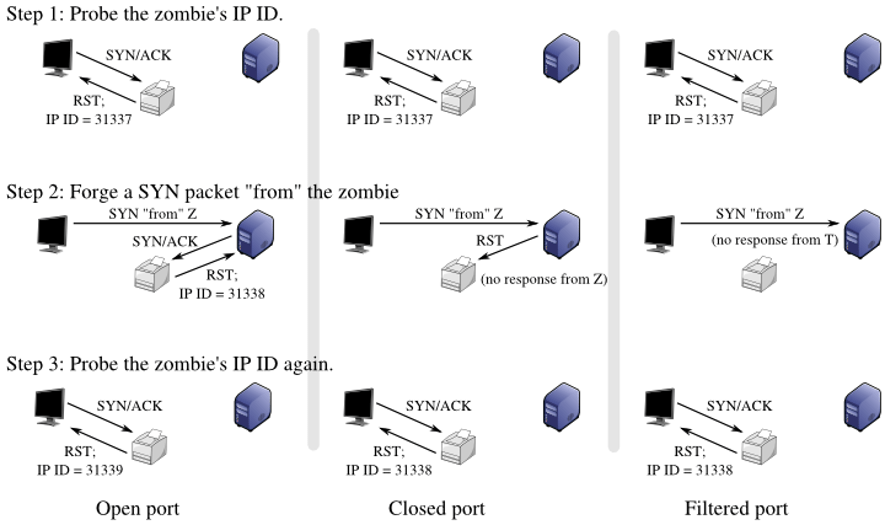Protecting Your Server with Antivirus Software
Protecting your server from malware, viruses, and hacks is a key aspect of ensuring the security of your information systems. To achieve this, you need to use specialized antivirus software that can detect and neutralize threats.
Choosing the Right Antivirus Software
When choosing antivirus software to protect your server, you need to consider the server’s operating characteristics, its load, the number of connected devices, and data security requirements. It is important to choose a reliable and proven solution from a well-known vendor.
sudo apt-get install antivirus
Installing and Configuring Antivirus Software
After installing the antivirus software, you need to configure it according to the server’s security requirements. Configuration includes scanning files, folders, email messages, network connections, and other system elements for viruses and malware.
sudo antivirus --scan --all
Regularly Updating Virus Definitions
For antivirus software to work effectively, you need to regularly update the virus definitions. This allows the program to recognize new threats and protect the server from the latest viruses, trojans, and other dangers.
sudo antivirus --update
Monitoring and Analyzing Scan Results
An important step in ensuring server security is monitoring and analyzing scan results. You need to regularly check antivirus software reports, identify vulnerabilities, and take steps to eliminate threats.
Automating the Protection Process
To ensure continuous server protection, it is recommended to automate the operation of the antivirus software. Set up regular scans, updates, and reports to minimize the risk of data leakage and server failures.
By using the protection methods described above, you can ensure reliable protection for your server against viruses and other threats. Follow the recommendations of the antivirus software vendor and update the program regularly for maximum protection effectiveness.





